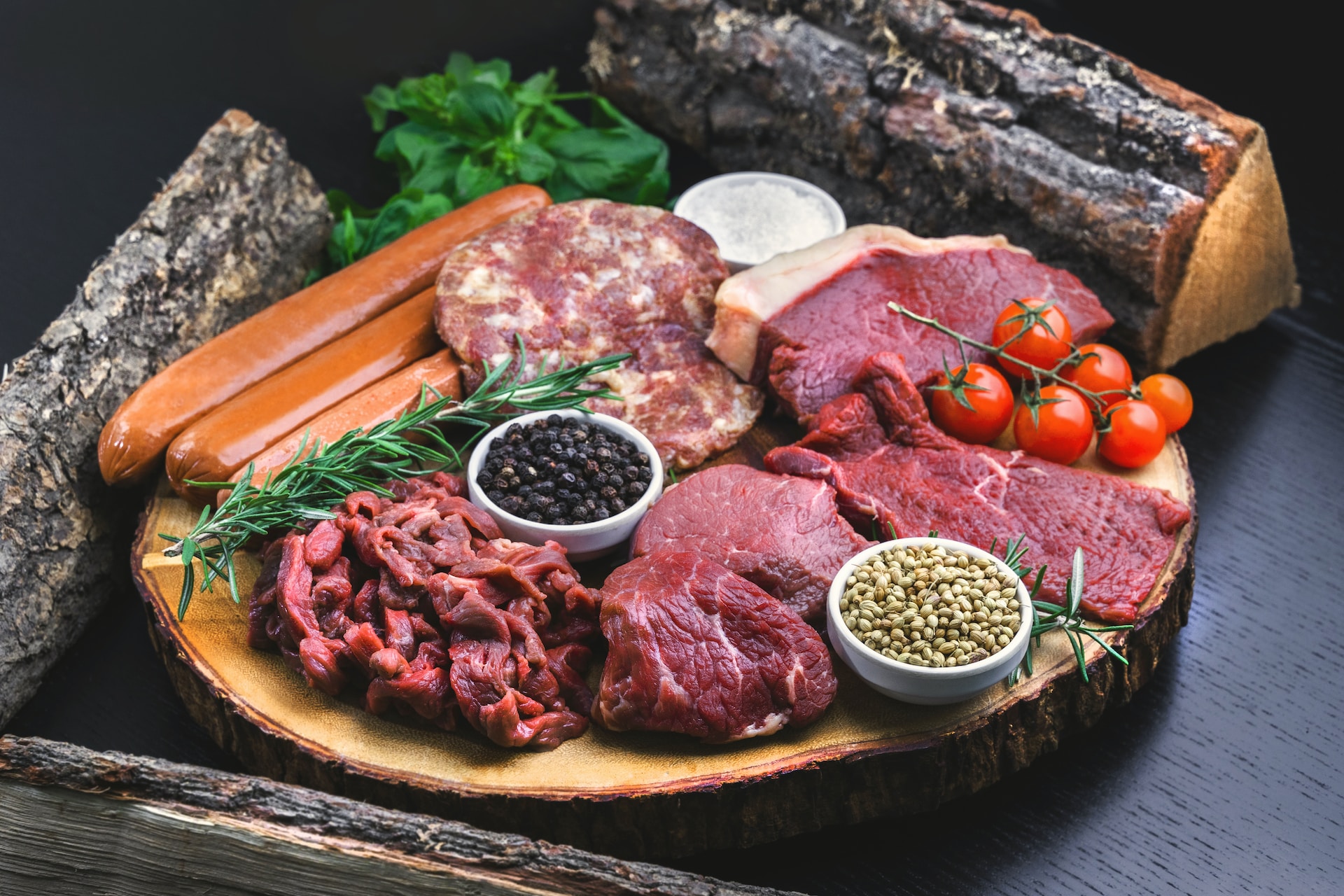For years, fats have been vilified in the world of nutrition. The low-fat craze of the 80s and 90s led many to believe that all fats were bad and would lead to weight gain and heart disease. However, as science has evolved, so has our understanding of fats. Today, we recognize that fats play a crucial role in a balanced diet and are essential for our overall health. Let’s dive into the role of fats, debunk some myths, and learn how to incorporate them healthily into our diets.
Understanding Fats
Fats, also known as lipids, are one of the three macronutrients, alongside carbohydrates and proteins. They are a dense source of energy, providing 9 calories per gram, compared to 4 calories per gram for both proteins and carbohydrates.
There are several types of fats:
- Saturated Fats: Found primarily in animal products like meat and dairy, as well as some plant oils like coconut oil.
- Unsaturated Fats: These can be further divided into monounsaturated fats (found in olive oil, avocados, and nuts) and polyunsaturated fats (found in fatty fish, walnuts, and flaxseeds).
- Trans Fats: Mostly found in processed foods, these are artificially created fats that are linked to various health issues.
The Benefits of Fats
- Energy Source: Fats are a significant energy reserve for our bodies. When we need fuel, our bodies can tap into our fat stores for energy.
- Cell Structure: Fats are essential for building cell membranes and the sheaths surrounding nerves.
- Nutrient Absorption: They aid in the absorption of fat-soluble vitamins like A, D, E, and K.
- Brain Health: Our brain is approximately 60% fat. Fats, especially omega-3 fatty acids, are crucial for cognitive function and mental health.
- Hormone Production: Fats are involved in producing various hormones, including testosterone and estrogen.
Debunking Fat Myths
- Myth: Eating Fat Makes You Fat: It’s an oversimplification to blame dietary fat for weight gain. Overeating any macronutrient, whether it’s fats, carbs, or protein, can lead to weight gain. It’s the total caloric intake and expenditure that matter.
- Myth: All Saturated Fats are Bad: While excessive intake of saturated fats can raise LDL (bad) cholesterol levels, not all sources of saturated fat are created equal. For instance, coconut oil, rich in saturated fats, has been shown to have several health benefits.
- Myth: Low-Fat Diets are Healthier: Low-fat products often compensate for the lack of fat with added sugars or artificial ingredients, which can be detrimental to health.
Incorporating Healthy Fats into Your Diet
- Prioritize Unsaturated Fats: Include sources of monounsaturated and polyunsaturated fats in your diet. Think avocados, nuts, seeds, olives, and fatty fish like salmon and mackerel.
- Limit Trans Fats: Read labels and avoid products with “partially hydrogenated oils.” These are sources of artificial trans fats linked to heart disease and other health issues.
- Be Mindful of Portions: While fats are beneficial, they are also calorie-dense. It’s essential to consume them in moderation.
- Cook with Healthy Oils: Opt for oils like olive oil, avocado oil, or coconut oil for cooking. Avoid heating oils beyond their smoke point, as this can produce harmful compounds.
- Diversify Your Fat Sources: Just as with other food groups, variety is key. Rotate between different sources of healthy fats to ensure you’re getting a mix of beneficial nutrients.
Conclusion
Fats are an indispensable part of a balanced diet. They provide energy, support cell structure, aid in nutrient absorption, and play a role in various bodily functions. While it’s essential to be mindful of the types and amounts of fats we consume, it’s time to shed the outdated notion that fats are the enemy. By understanding the role of fats and making informed choices, we can enjoy their benefits and promote overall health and well-being.
